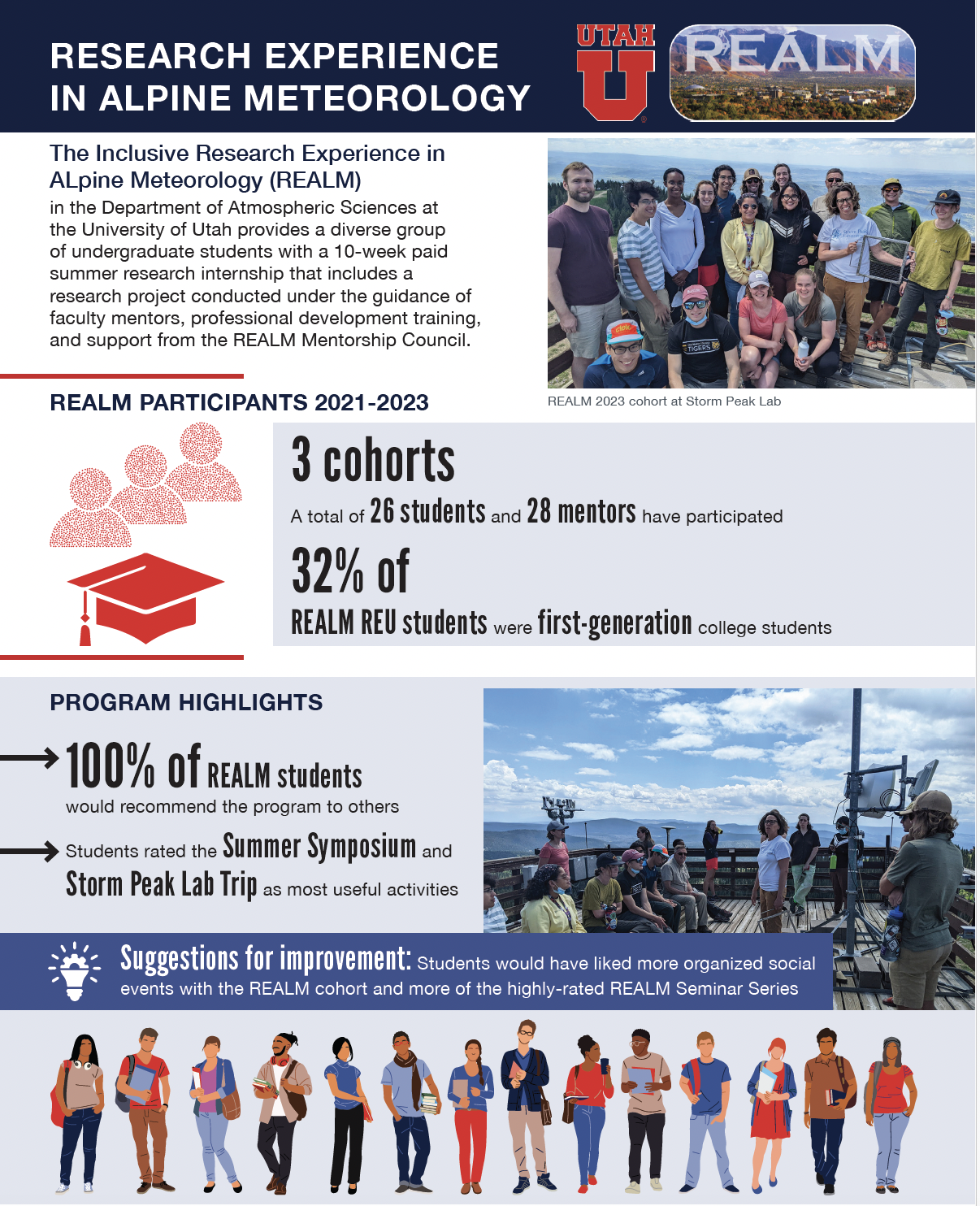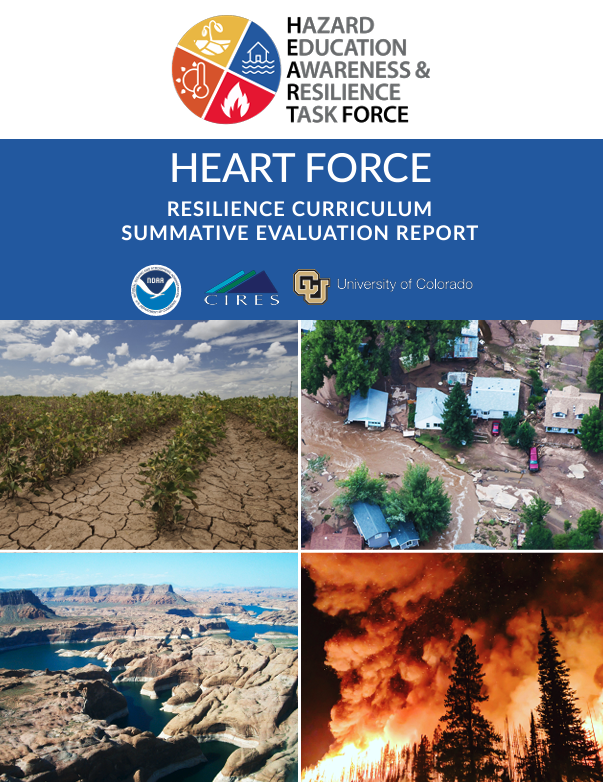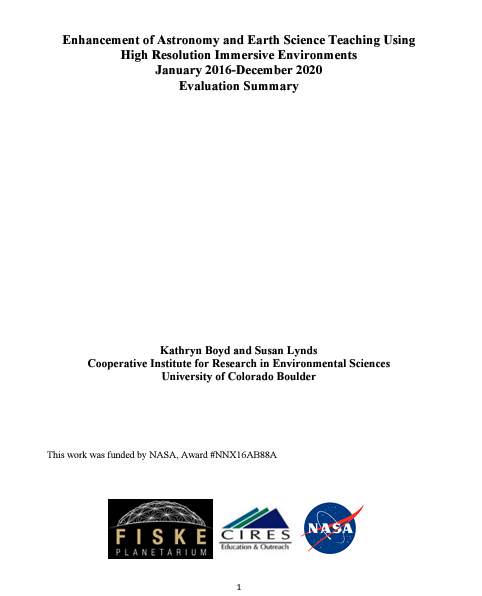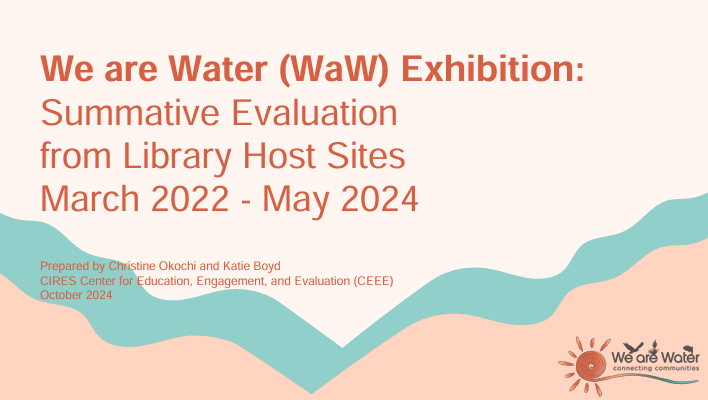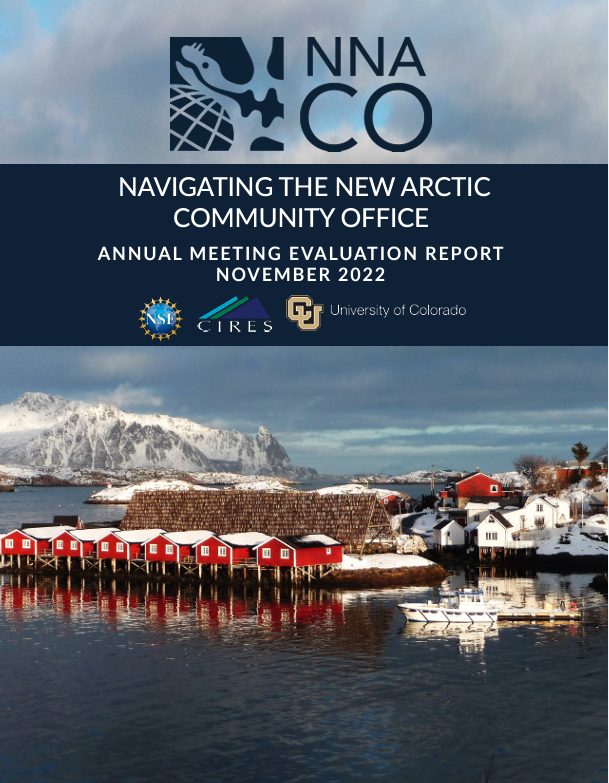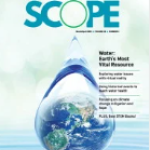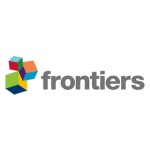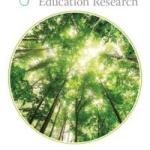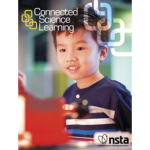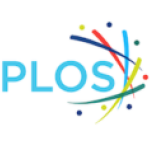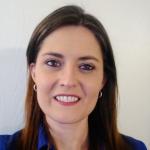Evaluation
The CEEE team conducts high-quality evaluation that delivers systematic information to enhance projects and document outcomes. Our work is guided by evaluation questions that align with program outcomes. We engage project teams in an iterative and reflective process that supports the refinement of project activities as needed to better meet the needs of project partners and audiences.
We have experience collaborating on large- and small-scale projects for a variety of groups and at all stages of a project, from needs assessment to summative evaluation. We support project teams in proposal writing, developing evaluation plans, integrating project goals and activities, crafting logic models, creating evaluation budgets, and securing approval from the Institutional Review Board, if necessary.
CEEE evaluators bring multidisciplinary backgrounds and training to our partnerships. We work with scientists, educators, and community organizations in formal and informal education settings, with scientific research centers or offices, and with career development programs such as undergraduate research experiences and early career trainings.
We have experience and expertise in survey development, interview and focus group facilitation, social network analysis, website and social media analytics, and program activity tracking. Learn more about our work in the tabs below.
